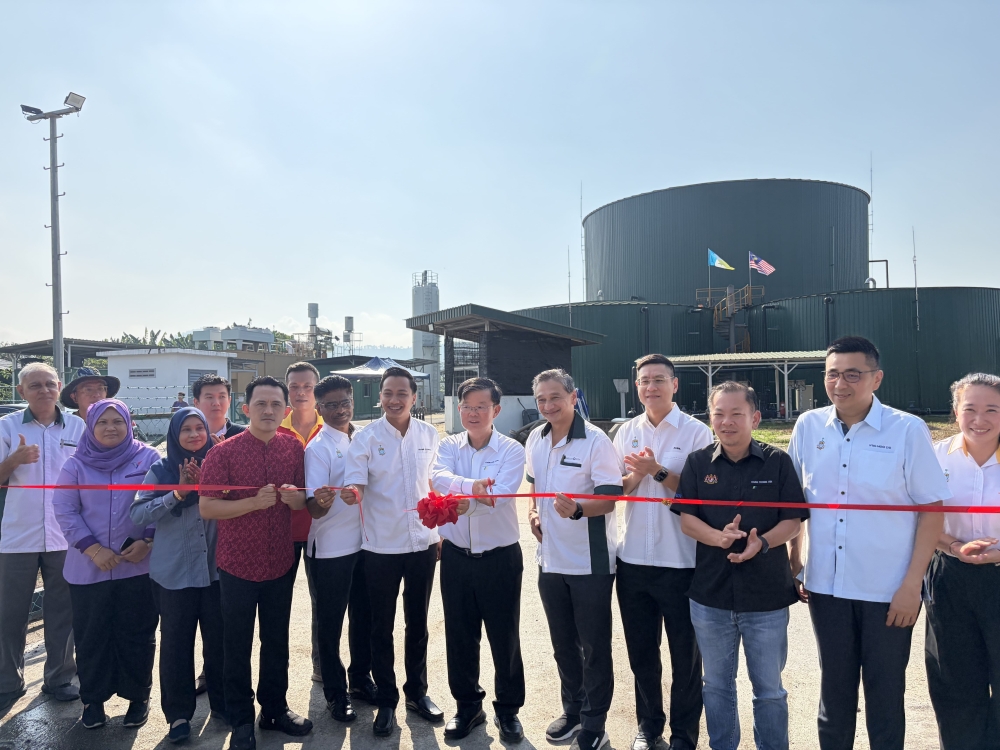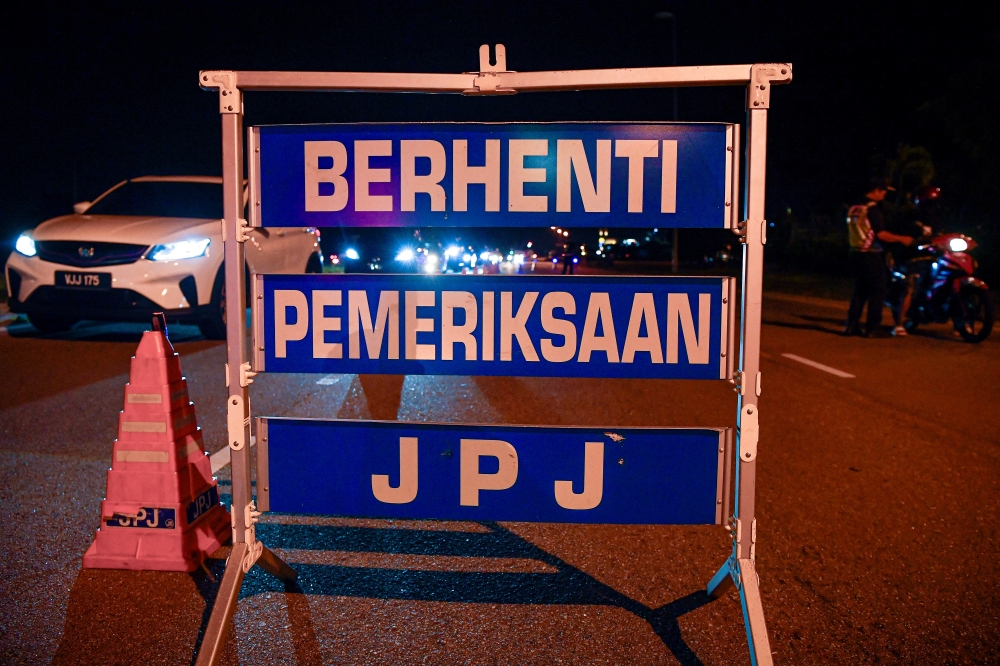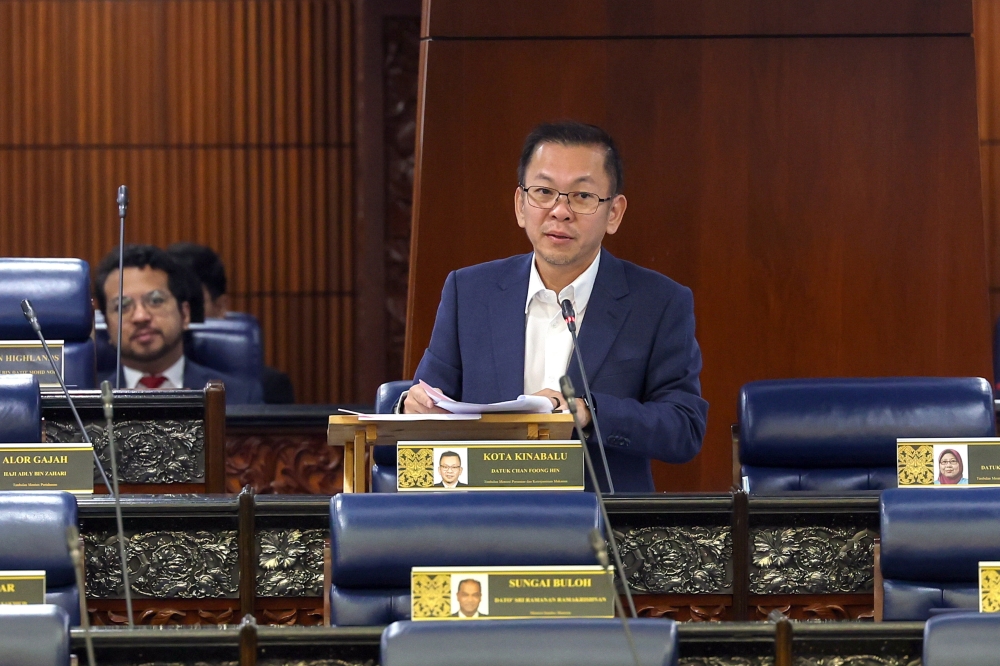JUNE 5 ― The National Feedlot Centre (NFC) affair which almost ended the political career of Wanita Umno Chief Tan Sri Shahrizat Jalil seems to have returned to the spotlight.
Now that newly-minted Pakatan Harapan Agriculture and Agro-Based Industry Minister Salahuddin Ayub feels that there could be hope of reviving the project, one should explore if this is indeed a viable exercise.
Shahrizat and her husband Datuk Seri Mohamad Salleh Ismail ― the man behind the project ― made for good fodder during the election campaign, but there is evidence that the previous administration may have been complicit in the project’s failure and the alleged misuse of the RM250 million soft loan given for the NFC.
The NFC was part of the National Meat Policy to achieve 40 per cent self-sufficiency in beef production for local consumption by 2015.
Rafizi Ramli, PKR’s strategic director, had exposed the NFC as a scam to siphon public money meant for the feedlot to enrich Shahrizat’s family.
While Mohamad Salleh was cleared of embezzlement charges, Rafizi found himself RM200,000 poorer when he lost a defamation suit brought against him by the former.
Earlier this year, Rafizi and Public Bank Bhd clerk Johari Mohamad were sentenced to 30 months imprisonment for breaching the Banking and Financial Institutions Act (Bafia) for leaking Mohamad Salleh’s personal banking details to the public. This resulted in Rafizi being unable to defend his Pandan Parliamentary seat in the recently concluded general election.
Back story: In 2008, food scientist Mohamad Salleh was approached to implement the NFC by then Prime Minister Datuk Seri Abdullah Ahmad Badawi.
The former head of Universiti Pertanian Malaysia‘s faculty of food science and technology and specialist consultant for the Food and Agriculture Organisation of the United Nations was a familiar face to the government; he was hand-picked by Abdullah’s predecessor Tun Dr Mahathir Mohamad to establish Technology Park Malaysia.
For the feedlot project, Mohamad Salleh’s success in increasing the yield for wagyu beef from 250kg per animal to 800kg per head was impressive enough for Abdullah’s administration to give his company Agroscience Industries Sdn Bhd the NFC job, beating out even Felda.
On March 8, 2010, an Implementation Agreement between the government represented by the Ministry of Agriculture, and National Feedlot Corporation Sdn Bhd (NFCorp) was signed.
The agreement spelt out the obligations of both parties:
― The government pays NFCorp RM13 million as a launching grant;
― A loan facility of RM250 million at an interest of 2 per cent per annum to NFCorp, which means NFCorp has to pay over RM17 million a year in interests to the Ministry of Finance from 2012;
― The government must build an export-quality abattoir with the capacity to process 350 heads of cattle a day;
― The government must provide the necessary infrastructure to support the abattoir including building a road and installing utilities such as piped water and uninterrupted electric power supply;
― NFCorp must produce at least 60,000 heads of cattle per year by 2013;
― NFCorp identifies 310 contract farmers who will produce 186,000 heads of cattle by 2014 ― increasing the farmers’ income by RM11,000 a month.
However, perusing documents related to the project, one realises that the project seemed to be doomed to failure from the start. There were many factors independent of NFCorp which contributed or were the main catalyst to the project’s failure to take off:
― Lamberts Agricultural Trade (M) Sdn Bhd, the main operator of the feedlot, had withdrawn from the project. No penalties were imposed on Lamberts as the government lacked the foresight to add a penalty clause in the agreement;
― The Veterinary Services Department (VSD) was to plant the required napier and guinea grass as cow fodder but instead planted acacia grass which is unsuitable for high intensive cattle farming;
― There was a sudden requirement for UPM to conduct a feasibility study for the abattoir although Agroscience Industries had included a feasibility study in its pitch that led to the initial approval of the loan. This new requirement resulted in the non-materialisation of the RM40 million export quality abattoir which was to be built by the VSD. This in turn delayed the cattle feed plant which was to be built by NFCorp and the infrastructure for the project including roads and utility connections never materialised;
― Although 5,000 acres in Gemas, Negeri Sembilan was identified as part of the state’s Beef Valley initiative to include the feedlot , the VSD decided to look for alternative locations;
― The Negri Sembilan government had repossessed 3,000 acres thus significantly reducing the feedlot land to just 2,000 acres ― despite the Federal government having already spent millions to clear and vegetate the land;
― The Agriculture Ministry’s application for RM10 million to the Economic Planning Unit for the construction of a service road was turned down by the EPU as the ministry had its own funds yet refused to use them;
― The failure to go through with a national breeding programme to support the NFC which had to import some of its cattle from Australia.
While investing in restaurants could be masked as “branding and marketing” which was part of the agreement, Mohamad Salleh’s decision to purchase luxury condominiums as high yield investments to service the RM250 million loan raised many eyebrows.
But the previous administration has not explained its omission in building the export quality abattoir with the capacity to process 350 heads of cattle a day.
NFCorp testified in court that this resulted in it having to build a mini abattoir with a limited capacity of 100 cows a day.
Mohamad Salleh said RM134.72 million of the RM250 million soft loan was issued to NFCorp, while RM6.52 million of the RM13 million special grant was paid to NFCorp.
Currently, the government and NFCorp are involved in a standoff.
The former has written to the latter for its money back but NFCorp is demanding the unfreezing of its accounts which were suspended during the probe.
That the previous administration has not initiated proceedings to recover the money may be read as an indication of its culpability in this scandal.
With the probe reopened, the truth will hopefully be revealed; the new government must now decide if resuscitating the feedlot project will be a case of throwing good money after bad.
* This is the personal opinion of the columnist.






















